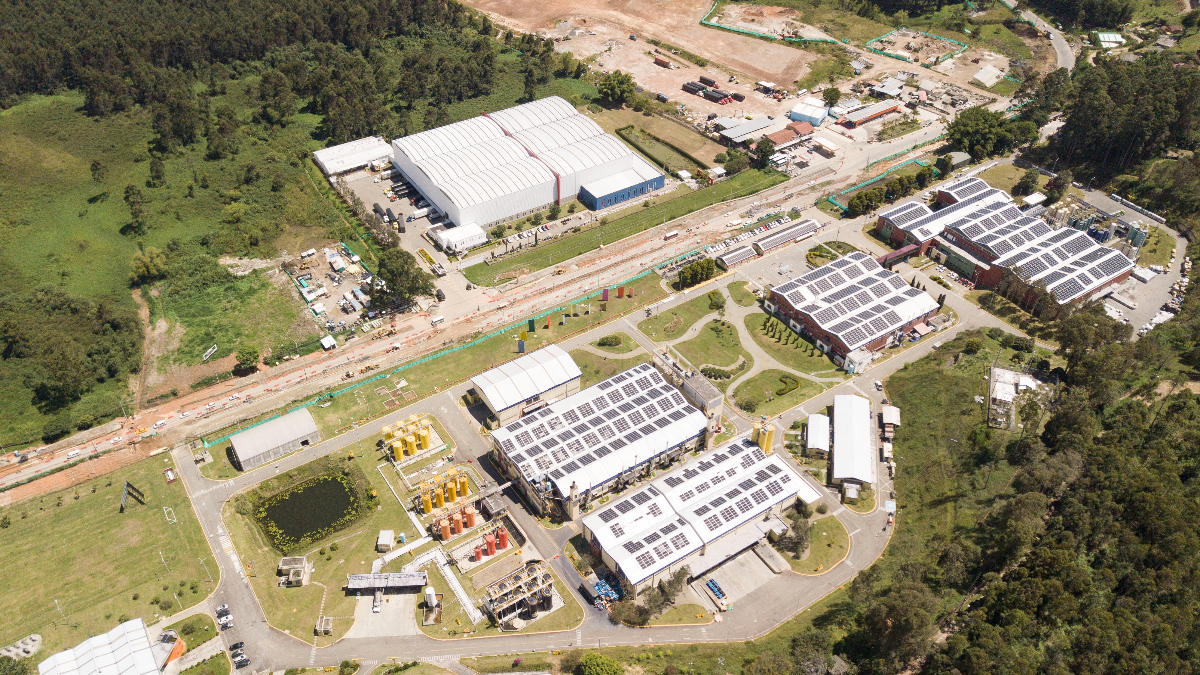Colombia. According to AkzoNobel, all of the company's production plants in Latin America, including the Rionegro de Pintuco plant in Antioquia, operate on 100% renewable electricity.
According to the multinational, this further boosts its ambition to reduce carbon emissions across the value chain by 50% by 2030 (with a base in 2018).
The milestone, reached late last year, follows similar achievements in North America (early 2023) and Europe (early 2022).
"We are very proud to have successfully transitioned to 100% renewable electricity and give additional impetus to the company's goal of transitioning all of its sites globally," said Daniel Campos, Head of AkzoNobel's Decorative Paints business in Latin America and member of the Executive Committee.
The transition to 100% renewable electricity in Latin America has included the installation of 4,640 panels at the plant in Rionegro, Colombia, which provides 24% of the site's energy, and 1,580 panels at the Decorative Paints plant in Recife, Brazil, which supplies more than 30% of its energy needs. The company currently operates 19 manufacturing sites in the region.
Wijnand Bruinsma, Head of Sustainability at AkzoNobel, added: "As the first paints and coatings company to set science-based sustainability targets, we are fully focused on delivering on our ambitions and this latest achievement in Latin America is another important step in the right direction."
"We also continue to engage with suppliers and develop sustainable solutions to help our customers reduce their own carbon footprint," he added.
By the end of 2023, 82 AkzoNobel plants were using 100% renewable electricity and 31 plants had installed solar panels as a complementary energy source.
Some examples of how the company is moving towards 100% renewable electricity globally include self-generated renewable electricity (actively installing solar panels) and purchasing renewable electricity. For the rest, renewable electricity will continue to be purchased with certificates of origin.


























Leave your comment